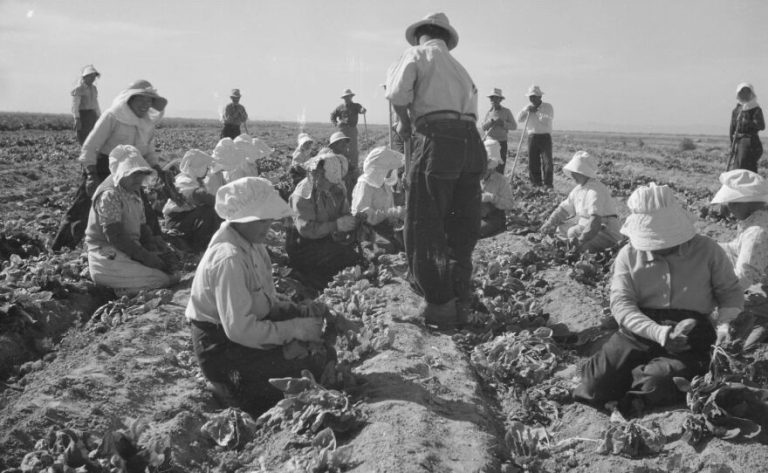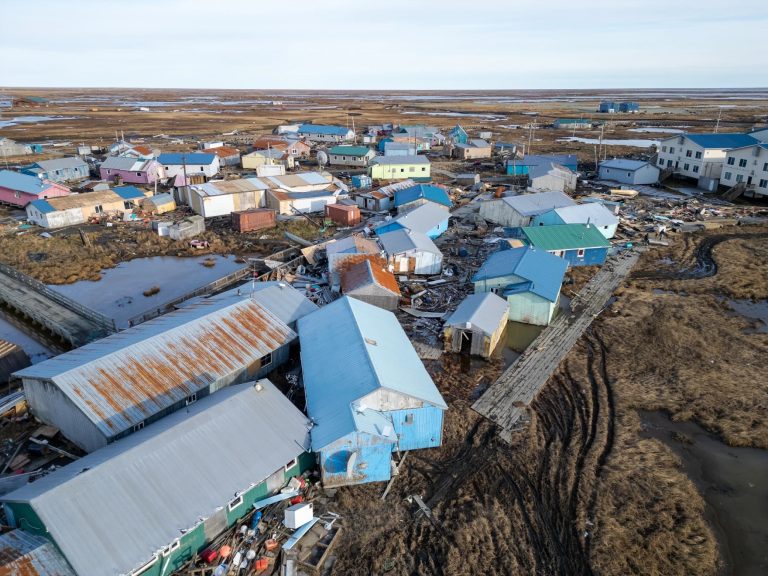Podcast: Play in new window | Download | Embed
Montana State University (MSU) will soon help communities and tribes in six states obtain environmental- and energy-related grants.
Montana Public Radio’s Aaron Bolton explains.
The U.S. Environmental Protection Agency is giving MSU $10 million to set up an environmental justice resource center.
This is one of ten centers nationwide.
The Bozeman center will serve Colorado, Montana, North Dakota, South Dakota, Utah, Wyoming, and 28 tribal nations.
These centers help local governments, nonprofit, tribes, and other eligible entities apply for grant programs.
The program’s main intent is to make it easier to apply for funding from the Inflation Reduction Act and Congress’ recent infrastructure bill.
But the center will provide assistance with any grant process.
It’s intended to help communities who might otherwise not have the expertise to navigate complicated grant applications.

Jodie Foster, left, and Kali Reis (Cherokee, Nipmuc, and Seaconke Wampanoag) in “True Detective: Night Country.” (Photo: Michele K. Short / HBO)
The HBO series “True Detective: Night Country” features a fictional town in Alaska called Ennis.
While most of the filming was done in Iceland, some scenes were shot around Nome.
KNOM’s Ava White reports that producers have been in touch with locals to get insights and feedback for the show.
Marjorie Kunaq Tahbone is one of five people on the Iñupiaq Advisory Council, which was the team working with the show.
She says the producer’s goal was to “make the show about a place like Nome.”
She says the board reviewed the scripts for all six episodes featuring Ennis, and shared their concerns with writers about scenes and lines that seemed inaccurate or questionable.
One of those changes was featured in the first episode.
“There’s a scene where there’s caribou, but in the original script it was elk. And we’re like, ‘we have no elk in Alaska, let alone up in the Arctic.’”
She says the council encouraged producers to include Iñupiaq words and learn about the meaning behind traditional Alaska Native stories.
Tahbone says they even helped choose most of the Iñupiaq names for characters in the town.
The council also encouraged including trigger warnings for the show because some episodes regard the Missing and Murdered Indigenous People epidemic.
“We advised about leaving traditional parts in and taking other elements of the story out just to maintain the integrity of the story and kind of keeping it true, but also kind of holding it close. It’s kind of like not wanting to give away too much, because people who aren’t from our area who weren’t raised in our culture, can misunderstand or just not have any clue what’s being said.”
Tahbone says she was glad to be part of the advisory council and to help ensure the content was as accurate and respectful as possible.
She says she hopes it can pave the way for more Indigenous people to work in the film industry.

Courtesy Native American Rights Fund
The Winnebago Tribe of Nebraska has filed a lawsuit against the U.S. Army to repatriate the remains of two children from the Carlisle Indian Industrial School in Pennsylvania.
The tribe made a request in November 2023 for the return of the remains using the Native American Graves Protection and Repatriation Act (NAGPRA).
The Army denied the request in December, saying NAGPRA could not be applied to carry out repatriation.
Last week, the tribe initiated the lawsuit represented by the Native American Rights Fund.
The tribe is seeking to enforce NAGPRA to repatriate Samuel Gilbert and Edward Hensley, who were taken from their home more than 100 years ago and never returned.
New Year. New Newsletter. Get National Native News delivered to your inbox daily and stay up-to-date on the 2024 Native Vote. Sign up for our daily newsletter today.



